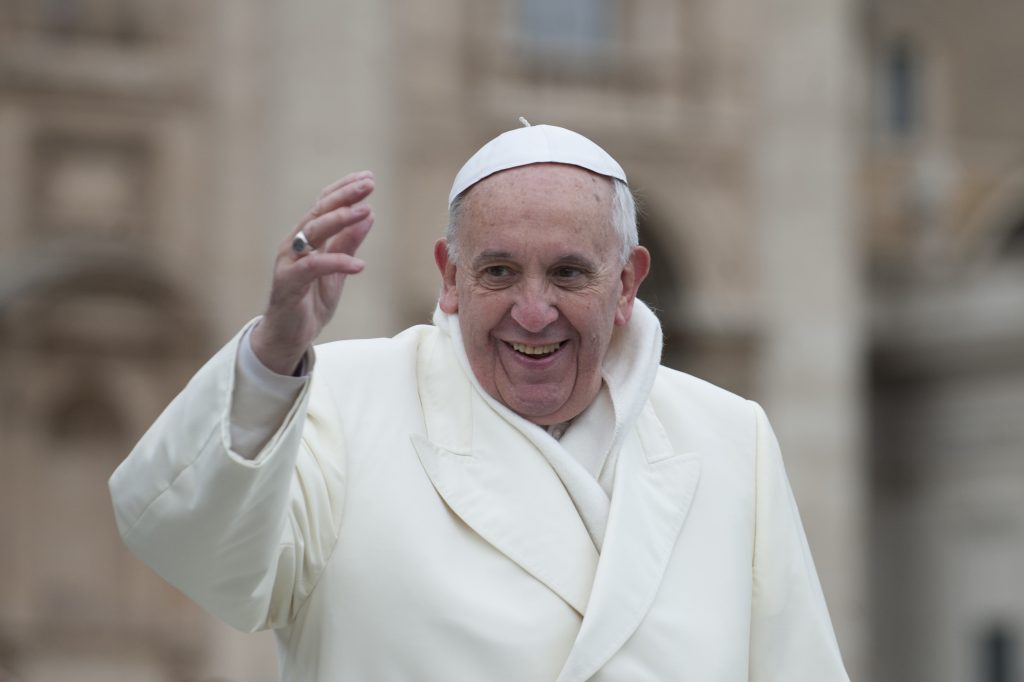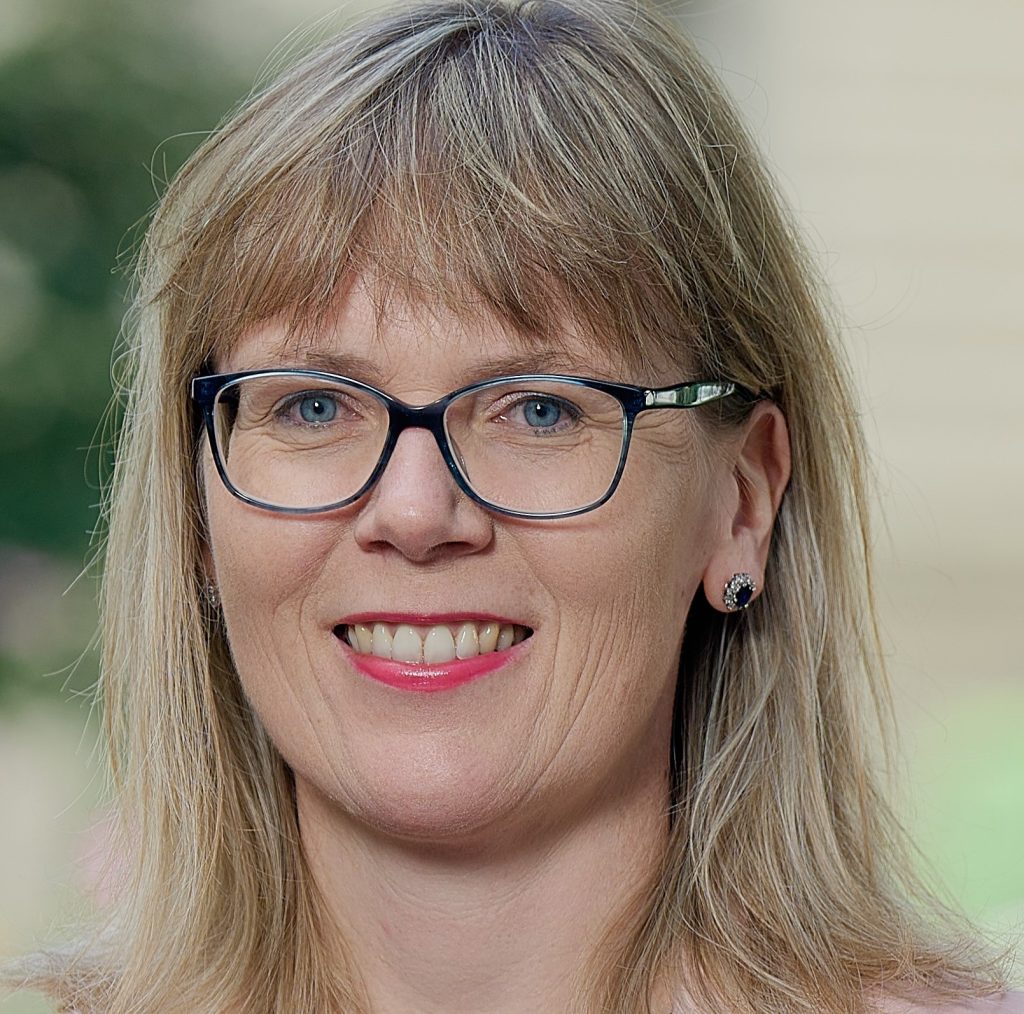Pope Leo XIV’s Peace Initiative Relative to the Russia-Ukraine War: Commentary by Pavlo Smytsnyuk
Pavlo Smytsnyuk of the Elliott School of International Affairs comments on Pope Leo XIV’s initiatives to bring peace to Ukraine.
Pavlo Smytsnyuk of the Elliott School of International Affairs comments on Pope Leo XIV’s initiatives to bring peace to Ukraine.

The series brings together a group of Catholic thinkers to reflect on Pope Francis’s pontificate and legacy. The authors discuss the late Pope’s contribution to peacebuilding, human dignity, social justice, and environmentalism in addition to his reforms, often revolutionary, of Catholic theology, canon law, and the Church’s internal life. Pointing to peaks and valleys of the first Jesuit pope’s rule, they depict him as an extraordinary religious leader, tireless promoter of peace across the globe, and persistent defender of the vulnerable.

Martina Bär is professor of fundamental theology at the University of Graz (Austria).
Pope Francis, who passed away on 21 April 2025, made notable strides in addressing women and discrimination within the Catholic Church, though his efforts were often characterized by a balance between progressive appointments and adherence to traditional doctrine.